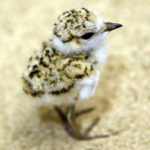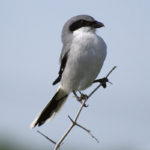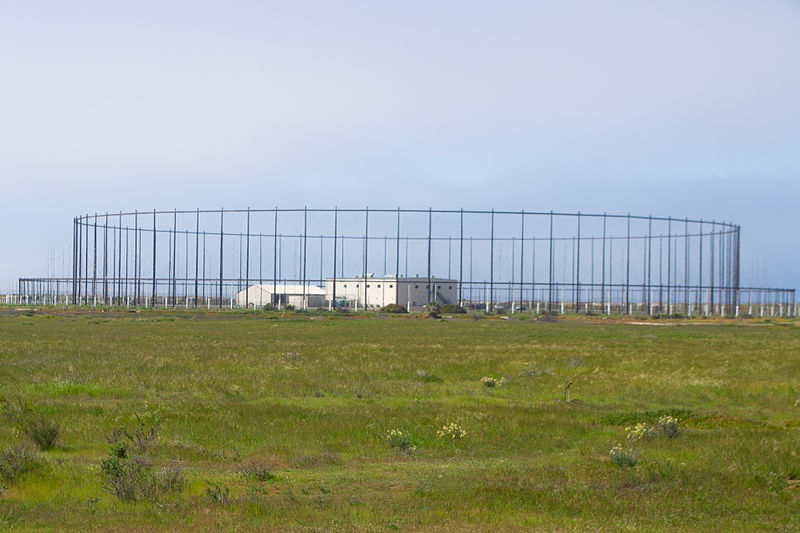
On Thursday, November 10 approximately 45 residents, including members of the newly elected City Council, gathered in the Library’s Winn room for a presentation by Captain Mulvehill, the Executive Officer of Naval Base Coronado regarding the Navy’s new Coastal Campus Training Complex on the Silver Strand. During the one-hour meeting Captain Mulvehill updated attendees on the Navy’s commitment to being a good neighbor to residents and also to endangered animal life in the area.
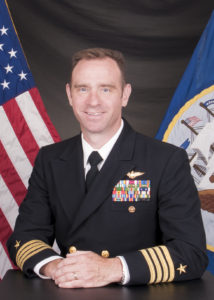
First Captain Mulvehill introduced himself, apologizing that he was not clean shaven, but rather sporting a two-week mustache in support of men’s health during this month of Movember. After everyone had a little chuckle, Captain Mulvehill told us that he has served in the U.S. Navy for over 25 years as a pilot. While he has been stationed at eight different bases, this is his first tour in Coronado. He also shared that his sons enjoy attending Coronado High School and all that Coronado has to offer.
After the friendly opening, the Captain moved quickly to discuss potential concerns of Coronado residents. He addressed concerns over long lines of cars idling in front of base entrances. Mulvehill explained that during his tenure he has altered work start times, and that this action has reduced backup at the gates.
He also noted that bridge traffic is directly related to how many aircraft carriers are in port. There are 34,000 who report to NASNI, but when one or two aircraft carriers are in port that number rises dramatically.
The Captain elucidated the realities of the “Blue Line.” In front of the entrances to the Navy bases there is a painted blue line. The Executive Officer controls commuter behavior inside the blue line. Outside of the blue line, commuter behavior is monitored by the Coronado Police Department.
Captain Mulvehill noted with pride that the base has received various CALTRANS awards for transportation initiative programs that advocate carpooling.
Some residents asked the captain to explain the rules regarding muffler noise. Our city manager, Blair King, who was in attendance, teamed up with the Captain to answer this question.

Different states have different laws regarding muffler noise. If another state allows a high decibel of muffler noise, and the motorcycle rider holds that state’s drivers license and registration, that muffler is legal. In addition, police cannot pull over a rider for muffler noise alone, there must be something else that creates a pull-over event.
Displaying a warm sense of humor, Captain Mulvehill showcased the animals he is charged with protecting due to their endangered species status: The Snowy Plover Chick; The Island Night Lizard; and the the Loggerhead Shrike.
Mulvehill explained that due to force protection and security reasons the Crown City 4th of July Run cannot wind through the Amphibious Base. For these same reasons, non-federal entities will be restricted from using the facility or will pay a fee for use of the facility. This is a different policy than these groups have experienced in the past.
As Captain Mulvehill turned his presentation toward the current status of the Navy’s Coastal Campus, the audience was eager to view the rendering displayed in the PowerPoint presentation.
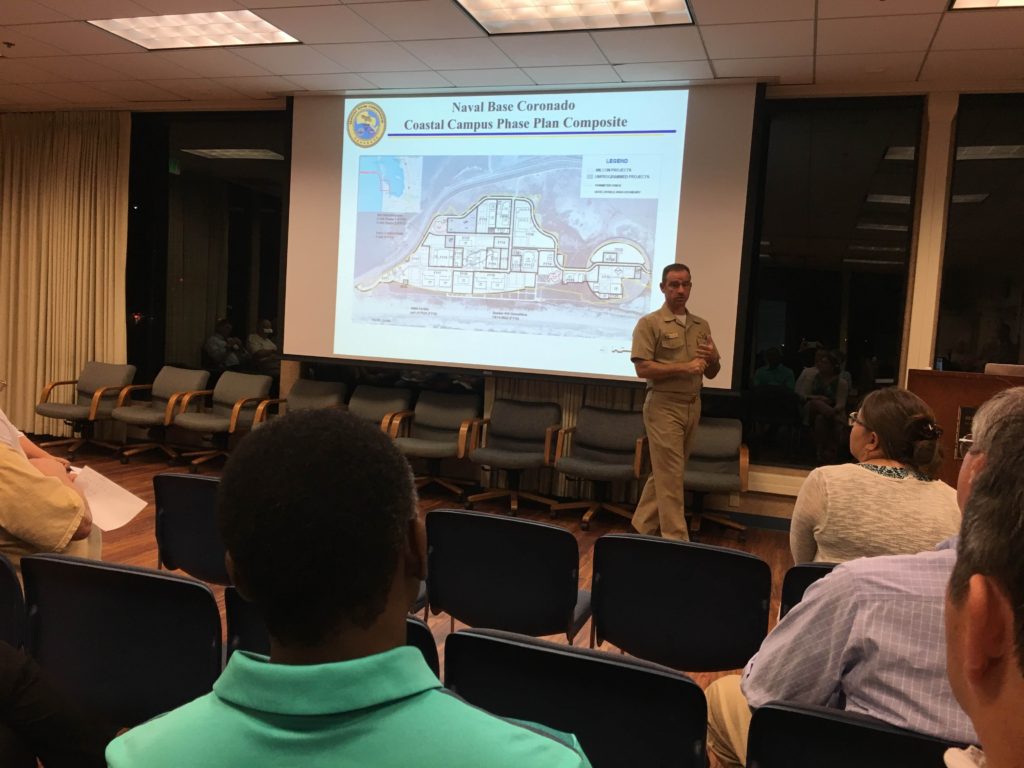
Captain Mulvehill’s explanation for the need of the Coastal Campus mirrored statements on the Navy’s website: “Ongoing combat operations following 9/11 resulted in a Congressionally-mandated increase of personnel, new missions, and the needed capabilities, equipment and training to carry them out.”
The Navy’s website states that the Silver Strand location, “has become the premier training facility for the military’s special forces.” The location is so important for the U.S. Navy because “[t]his 450-acre facility provides an excellent training environment with waterborne approaches from both the Pacific Ocean and San Diego Bay sides. The city-like layout of the base also provides a realistic site for critical urban warfare training.”
Captain Mulvehill said that the Navy’s SEAL team forces will be stationed there once the project is complete. No new personnel will be added. Forces that were located at the Amphibious Base will now be located at the Coastal Campus. There will be no housing on the Coastal Campus.
The project will be fully completed in approximately 10 years, but usage will begin in two to three years.
The entrance to the new campus will have a long approach-road in an effort to mitigate traffic build-up on the Strand. There will be no traffic circle.
Blair King and Captain Mulvehill gently told the audience that this is a Navy and CALTRANS (California Dept. of Transportation) project. The City of Coronado is included in discussions as a valued voice, but ultimately as a courtesy rather than a decision maker.
Lastly, the Captain explained that all precautions have been taken to ensure that no Kumeyaay (native Americans in our region) burial grounds were at risk. An archaeologist and tribal monitor were present to confirm that the area was a temporary camp for the Kumeyaay rather than a sacred space. There was some earlier controversy regarding indigenous claims. The U.S. Navy explains their methodology in this link.




